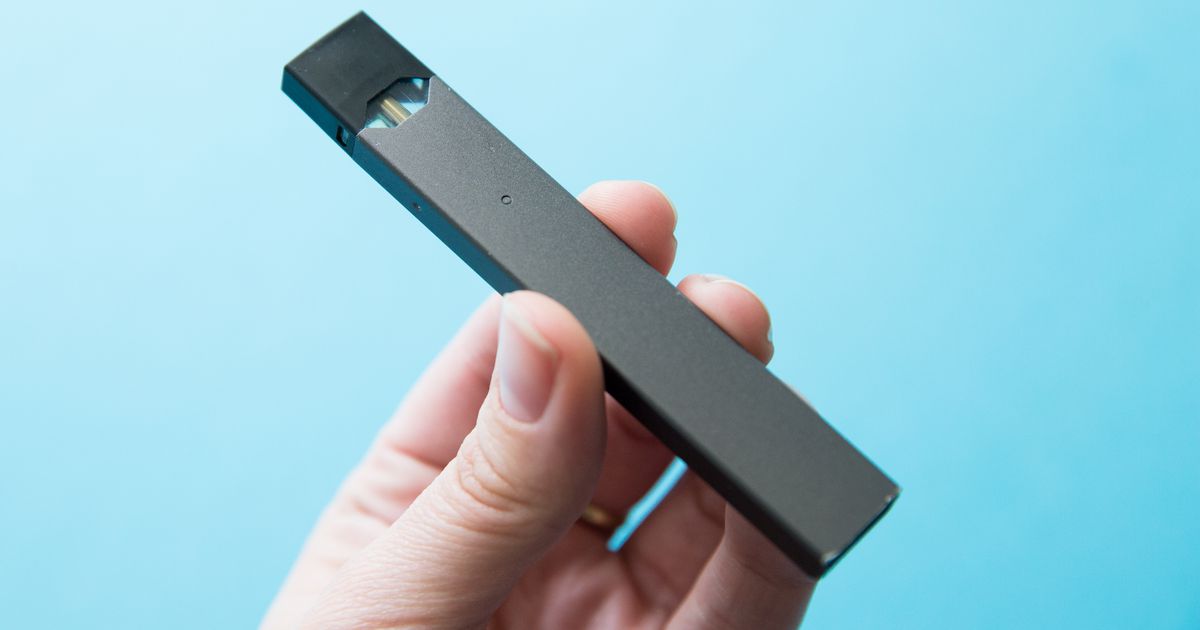By Taleena Chandaria, Y12
At LGB, we have the tremendous luxury and opportunity to hear from countless speakers. Last week, the Year 11 classes had an assembly with WHO specialist Hebe Goude on Vaping, a most appropriate topic.
She kindly agreed to answer some of our questions.
What is the most important thing for students to know if they come in a situation where they are considering vaping?
She emphasised that there is a harm to vaping, stressing that it is not a risk-free activity. Deciding to vape is ultimately taking a gamble, even if there is no nicotine.
What are the effects on developing brains/can it impair learning?
Ms. Goude explained that Nicotine itself can severely impact our brains. It can harm brain learning, memory, and reduce attention. Moreover, due to its addictive nature, it can lead to depression, especially among young people.
Is it truly a safer alternative to smoking?
She explained that although vaping has less toxins than smoking, it is not necessarily better. Given that vaping is a relatively new trend, we need time to evaluate it before a judgement can be made.
Is vaping itself bad, or merely the nicotine/possibility of addiction?
Ms. Goude explained that both vaping and the threat of addiction are issues.
What sort of governmental action would you propose?
Ms. Goude explained that a ban would not be beneficial, as that would eliminate the possibility to control vapes. Instead, regulating them in markets where they exist, by limiting nicotine levels for example, would be a better alternative.
What are the biggest issues with the large corporations making vapes?
She explained that the marketing toward young children through chocolate milk and candy flavours is especially pernicious. Ms. Goude also talked about how it is hard to differentiate between vaping products and heated tobacco, since it depends on the type of e-cigarettes.
We would once again like to thank Hebe Goude for her time and remind everyone to be careful and consider the potential impacts of vaping.



